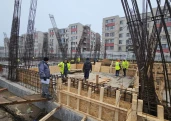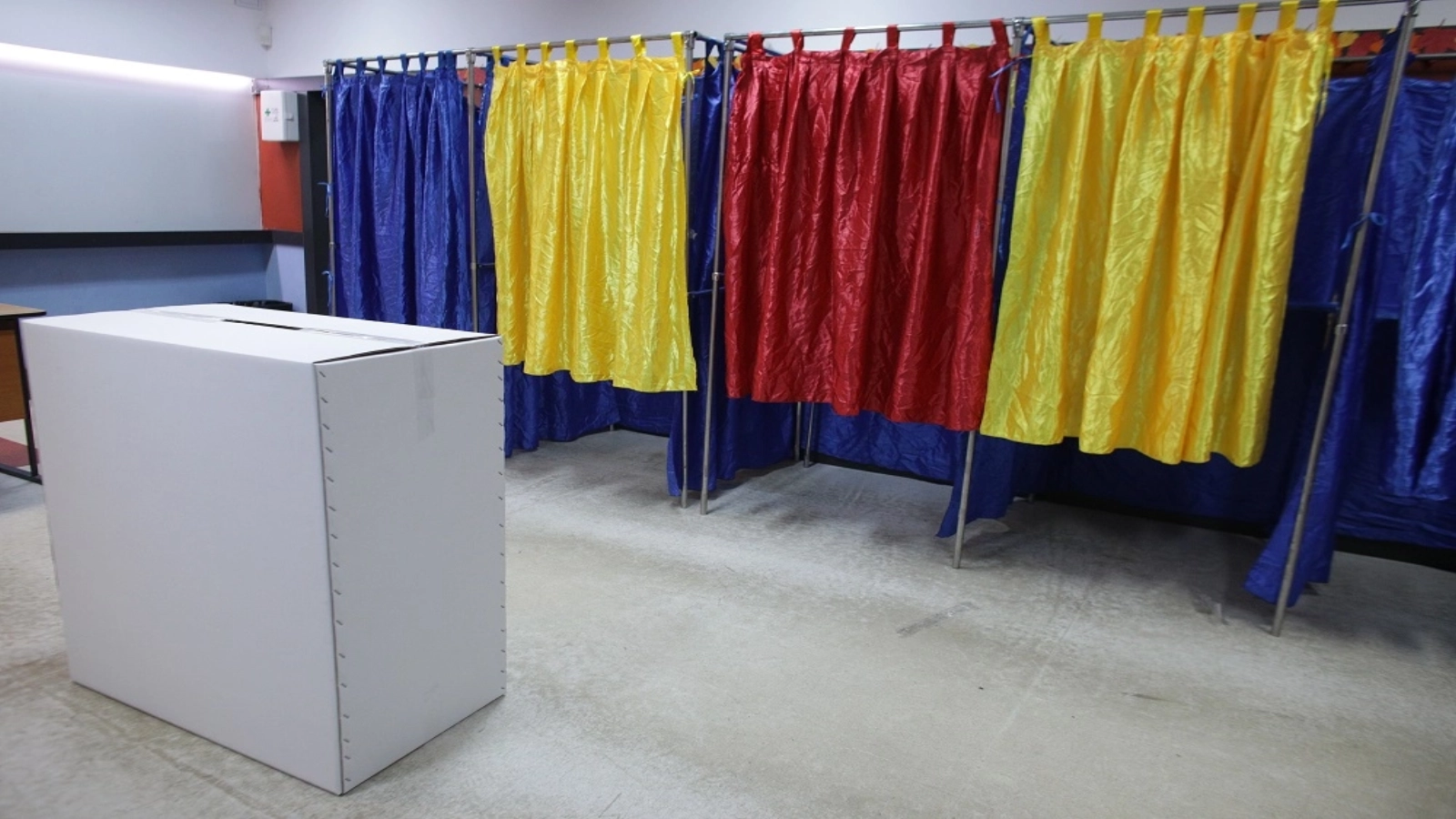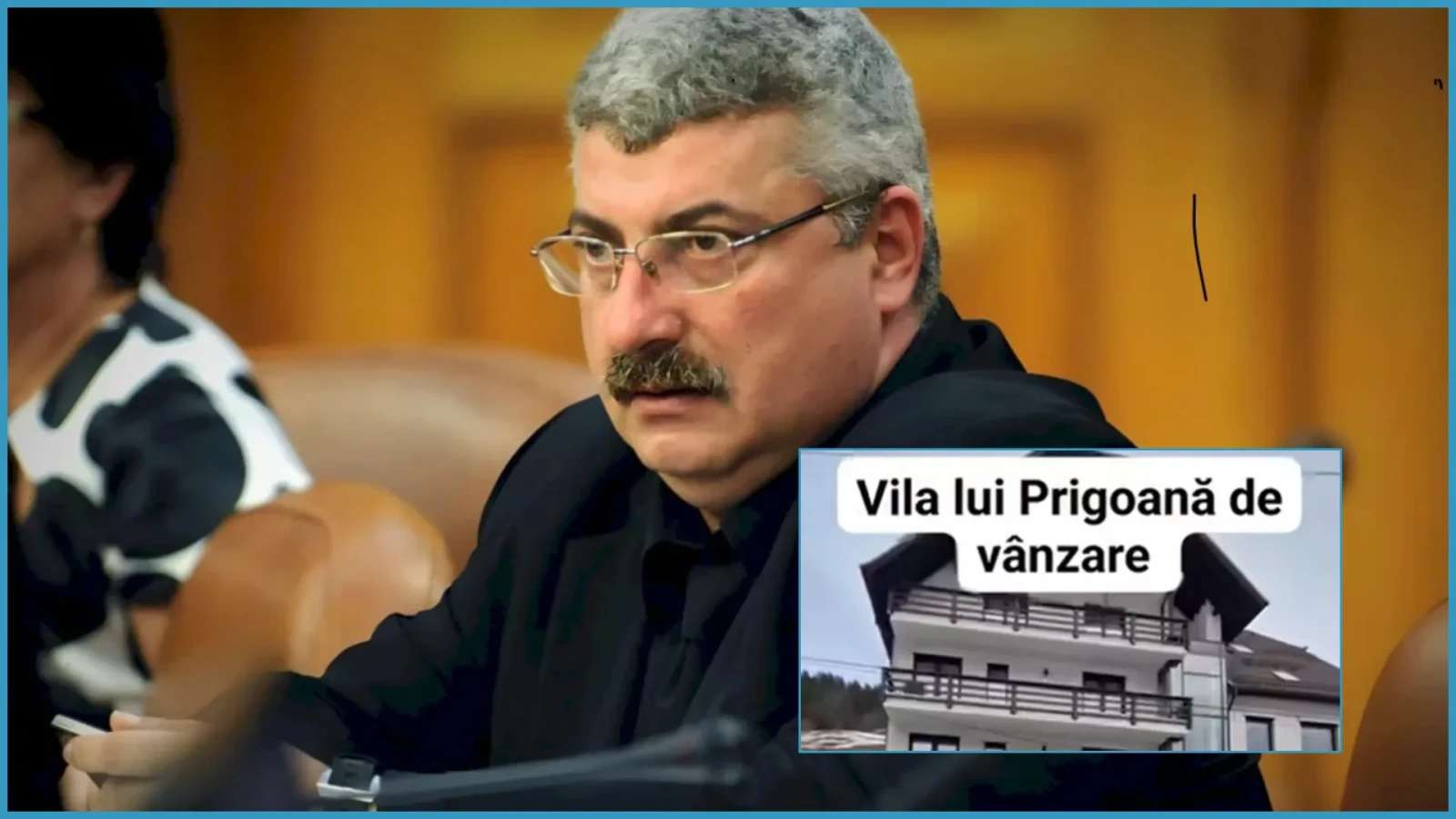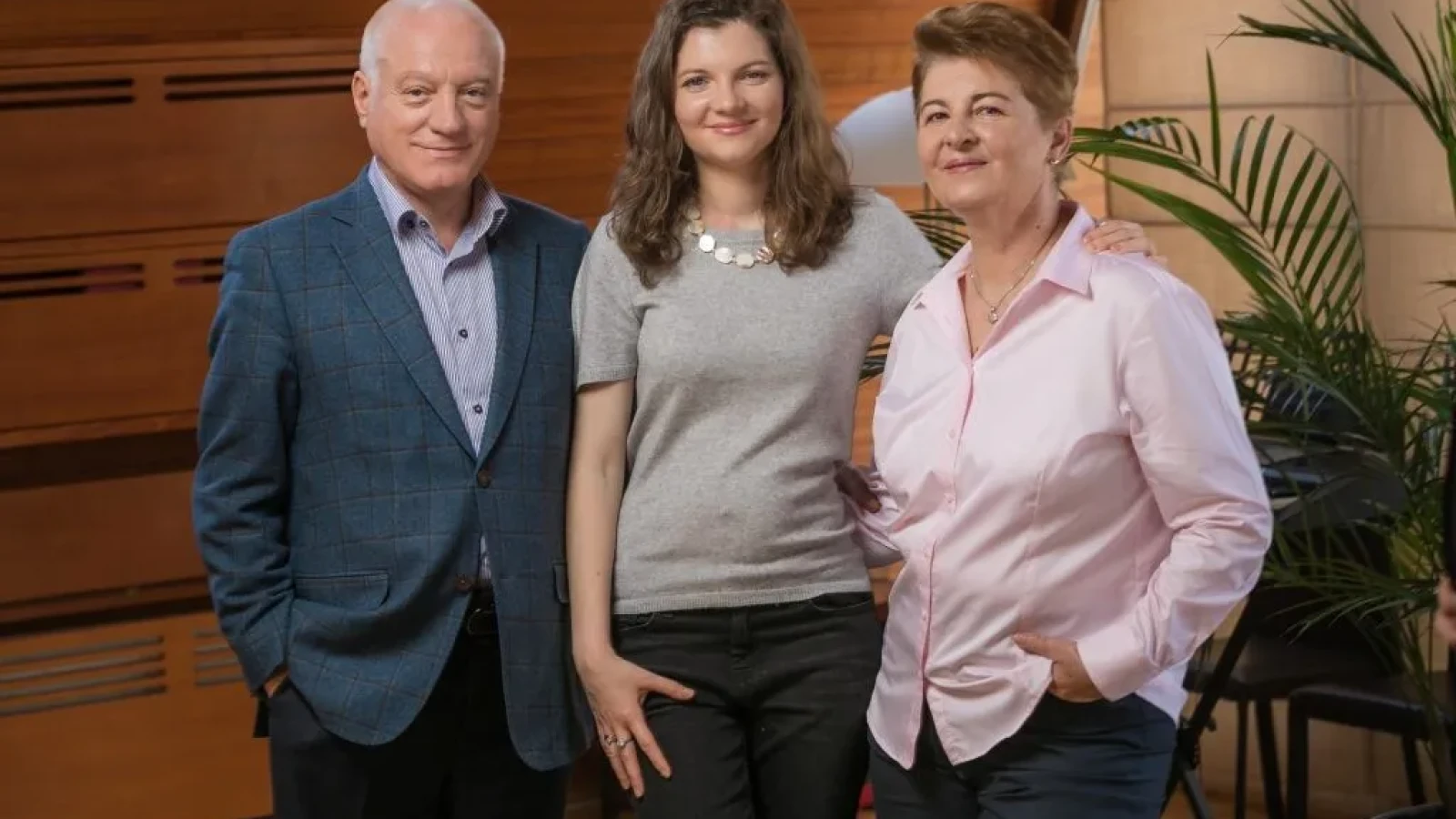As many as 18,951,721 voters are expected on Saturday and Sunday at the polls for a referendum to revise the Constitution to redefine family as a freely consented marriage between a man and a woman.
Romanians are called to say 'Yes' or 'No' to the question: 'Do you agree with the law on the revision of the Romanian Constitution as adopted by Parliament?.'
There will be 18,662 polling stations in the country, and 1,264 in Bucharest. Romanians from abroad will vote at 378 polling stations: 192 will be organised at the diplomatic missions, consular offices and cultural institutes, and 186 in other locations. Most polling stations will be in Italy (58), Spain (48), Moldova (35), the US (32), the UK (19), France (15), Germany (14).
The polling stations open at 07:00hrs, EEST, on every referendum day and close at 21:00hrs.
*** Where and how can Romanians vote
All Romanian citizens who have turned 18 by the referendum day, at the latest, except for the disenfranchised, debilitated or alienated under interdiction, as well as persons convicted under final and binding ruling who have lost their electoral rights, have the right to participate in the referendum.
Citizens who, on the day of the national referendum, are in a different area than the one in which they are entered on the electoral roll can exercise their voting right in the respective area at any polling station on a supplementary list where recording is done by the chair of the electoral bureau of the section, on the basis of an identity document.
Identity documents that can be used to vote in the referendum are: identity cards; electronic identity cards; provisional identity cards; identity bulletins; diplomatic passports; electronic diplomatic passports; service passports and passport and electronic service passports; military service books in the case of military school students; simple passports; simple temporary and simple electronic passports that bear the mention of the holder's country of residence.
*** Running the voting process
Access to the voting rooms takes place in series corresponding to the number of booths. Each participant will submit to the election office of the polling station the identity document. The electoral office, after verifying the enrollment with the electoral roll or after registration with the additional electoral list, will hand the ballot paper to the participant and a stamp "Votat" (voted) stamp.
The voters will express their will individually in a closed booth by applying the stamp only in one of the two squares of the ballot paper, according to his /her choice.
After voting, the participant in the referendum will fold up the ballot paper so that the blank page holding the control stamp stays out and then insert it into the ballot box, taking care not to open it. The stamp handed for voting shall be returned to the chair, who shall apply the polling station stamp to the voter's card.
The chair may take measures to ensure that voters at the polling station do not take long to vote beyond an unreasonably long time. He or she may suspend voting for good reasons. The suspension cannot exceed one hour and will be announced by a message displayed on the door to the voting area. All suspensions may not exceed two hours combined. During the suspension, the ballot boxes, stamps, ballot papers and all the documents of the electoral bureau will remain under permanent guard.
*** Only one person shall enter the voting booth
The presence of any other person in the voting booth except that who is casting the vote is forbidden. The participant to the referendum, who, for solid reasons, established by the electoral bureau president of the polling station cannot vote has the right to request a chaperone of his choice, in order to receive help.
*** The persons who cannot be transported due to illness or invalidity can request a mobile ballot box
According to the Central Electoral Bureau (BEC), the requests of people who cannot be transported due to illness or invalidity, who are not in sanitary or social care institutions and who wish to vote through the special ballot box shall be submitted to the electoral office of the nearest polling station accompanied by copies of the papers which reveal their state of health or disability. The requests can be lodged by any person, including in any day of the voting, in due time before the end of the electoral process.
The voting requests, through a special ballot box, must be dated and signed by hand, and they will include the name, the surname, the personal numeric code, the domicile or residence, the series and the number of the identity document of each voter.
Moreover, the voters who at the date of the election are hospitalised in a public or private sanitary unit, a home for elderly people or other such public or private social facilities may request to exercise the right to vote to the electoral office of the closest polling station through the special ballot box.
*** The mobile ballot box is also used for detainees
The persons detained based on a pre trial arrest warrant or those who serve a custodial sentence, but who didn't lose their electoral rights will vote through a special ballot box.
Those who are placed in home arrest can also vote through a special ballot box, if they lodge a request in this regard to the electoral bureau of the polling station in whose territorial area the building is located
*** The Constitutional Court (CCR) has the final say in validating the referendum
The results centralised nationwide by the BEC, including the number of the votes validly cast for each response on the ballot paper and the number of spoilt ballot paper shall be submitted, with military guard, to the Constitutional Court within 24 hours of the end of the centralization.
The CCR presents Parliament a report regarding the observance of the procedure for organising and carrying out the national referendum and confirms its results.
The Law revising the Constitution enters into force on the date of publication in the Official Journal of Romania of the Constitutional Court decision confirming the results of the referendum. The CCR publishes the result of the referendum in the Official Journal of Romania and in the press.
*** Conditions for validating the voting
According to Law No.3/2000, in order for the national referendum to be valid, it's necessary a voter turnout of at least 30 percent of the persons registered on the permanent electoral lists. The referendum will be validated if the validated choices represent at least 25 percent of those registered on the permanent electoral rolls.
The draft law to revise the Constitution which stipulates that the family is founded on the freely consented marriage between a man and a woman was adopted in September by the Senate.
According to the amendment proposed for article 48 of the Constitution, "The family is founded on the freely consented marriage between a man and a woman, their full equality, as well as the right and duty of the parents to ensure the upbringing, education and instruction of their children."
Article 48 of the Constitution stipulates that "The family is founded by the freely consented marriage of the spouses."
#FamilyReferendum / Over 18 million Romanians expected at the polls Saturday and Sunday
Explorează subiectul
Articole Similare

6
Romanian fencer Alexandra Adoch, silver medalist at the European U17 Fencing Championships
6

12
Criminal case in rem in case of death of 214 bison, buffalo and deer in Cluj County
12

12
Romania's construction market near record highs, yet vulnerable to high costs and financing pressures
12

8
Romanians favour seaside holidays, most often in August (survey)
8

10
Ukraine, Romania and the Republic of Moldova establish the Cyber Alliance for Regional Resilience
10

10
Energy vouchers in Romania extended throughout December 31, 2026
10

10
PM Bolojan: The Romanian-Japanese strategic partnership can be seen in numbers and projects
10

12
Romania supports international efforts to resolve global conflicts (President Dan)
12

9
Impact Developer & Contractor marks 30 years since listing on the Bucharest Stock Exchange
9

8
Court of Appeal presidents ask head of state to return magistrates' pension law to Parliament for review
8

29
Gravel Pits Radar app, with full control mechanisms, could be launched by mid-year (EnviMin)
29

14
Prime Minister Bolojan to meet with EC President Ursula von der Leyen in Brussels next week
14

14
MF: Romania accelerates green budgeting; labeling of budgetary and fiscal expenditures for 2025 successfully completed
14



















Comentează